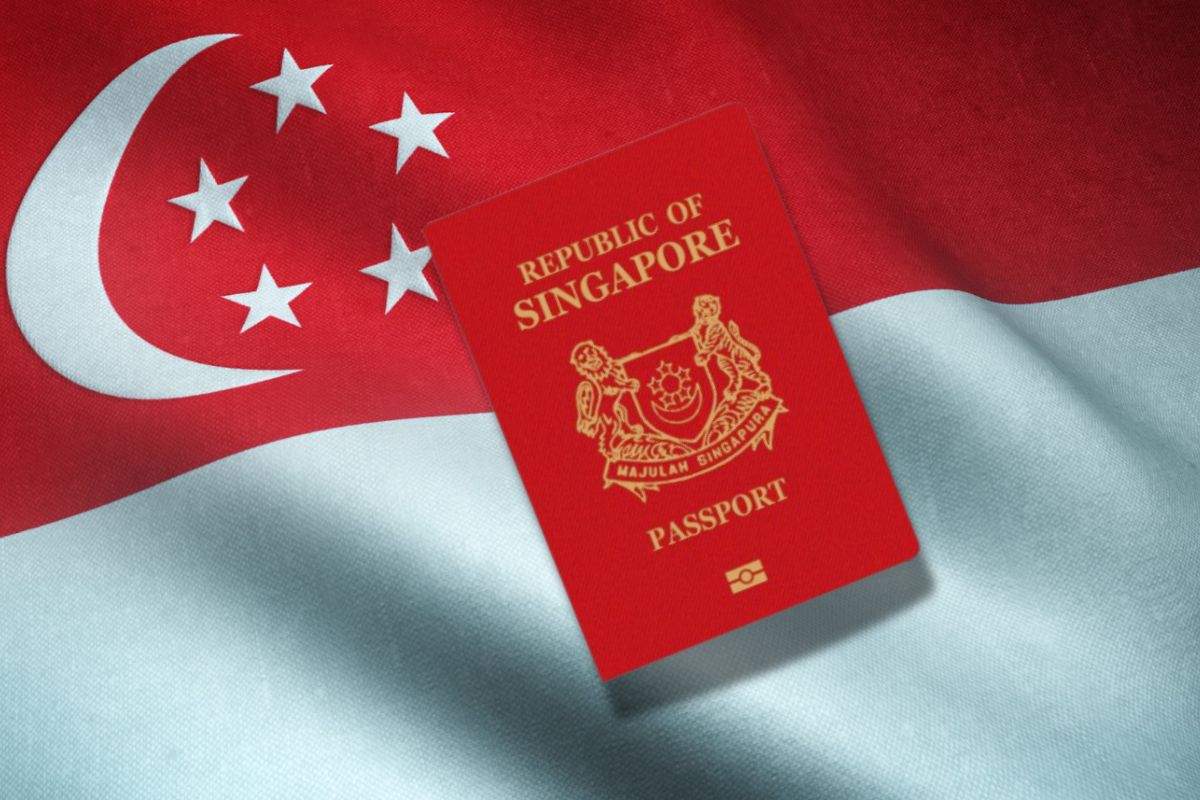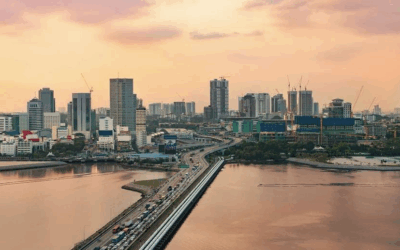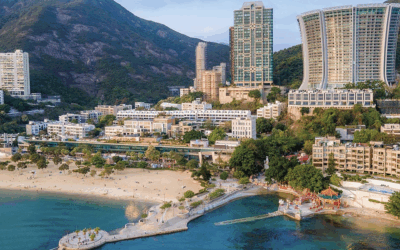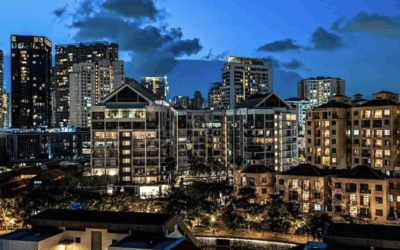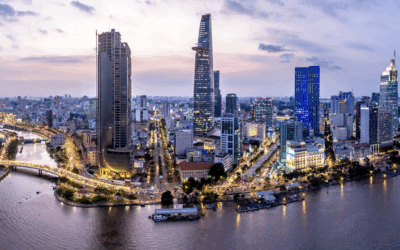Singapore has become one of the most sought-after destinations for high-net-worth individuals looking to relocate their families and wealth.
With its stable political climate, strong economy, excellent quality of life, and attractive tax policies, it’s no wonder Singapore is a top choice among wealthy expats.
However, obtaining Singapore citizenship is not a straightforward process and requires careful planning and a significant investment of time and resources.
Getting a Singapore passport is still possible through permanent residence and giving up your previous nationality though.
And for the right person, becoming Singaporean may be worth it. It’s consistently ranked one of the top passports in the world, and currently, gives visa-free access to a greater number of countries than any other travel document.
The Path to Singapore Citizenship
For most foreigners, the journey to Singapore citizenship begins with obtaining permanent residence (PR) status.
To be eligible for citizenship, you must have held PR status for at least two years. There are a few main routes to obtaining PR:
1. Employment Pass
If you are a skilled professional with a job offer from a Singapore company, you can apply for an Employment Pass. After working in Singapore for at least one year on this pass, you become eligible to apply for PR.
Once permanent residence is obtained, an employment pass is no longer needed to maintain working legality in the nation. Permanent residency is valid for 5 years before needing to be renewed.
2. Global Investor Program (GIP)
The GIP allows wealthy foreign investors to obtain PR by making a substantial investment in Singapore. There are two main options under the GIP:
- Invest at least SGD 10 million (USD 7.4 million) in a new or existing Singapore-based business and hire at least 30 employees, of whom at least 50% should be Singaporean citizens or permanent residents.
- Invest a minimum of SGD 25 million (USD 18.5 million) in an approved fund that invests in Singapore-based companies.
This option, in both its forms, is far more hands-off compared to starting a business since applicants aren’t required to actively manage the investment. However, they must still fulfill the PR renewal criteria.
The GIP application process involves submitting a detailed business plan, relevant financial documents, and personal background information.
Applicants undergo a thorough evaluation by government agencies, such as the Economic Development Board (EDB) and the Ministry of Manpower (MOM).
Successful applicants are granted an initial PR status, valid for 5 years, and which can be renewed based on fulfilling the program’s requirements.
3. Foreign Artistic Talent Scheme
Foreigners with exceptional abilities in arts, photography, dance, theater, music or film can obtain PR under this scheme by demonstrating significant contributions to Singapore’s arts and cultural scene.
Singapore Permanent Residence Requirements
Regardless of the route taken, all PR applicants must meet certain eligibility criteria, including:
- Being at least 21 years old
- Having a valid passport
- Holding an acceptable pass (Employment Pass, Entrepreneur Pass, etc.)
- Being of good character with no criminal record
- Being in good health
- Possessing acceptable qualifications and skills
PR applications are evaluated holistically, taking into account factors like the applicant’s age, family profile, economic contributions, qualifications, and length of stay in Singapore. The process can take anywhere from 6-24 months.
Everyone who applies to become a permanent resident in Singapore must submit the application online using their system’s e-Service.
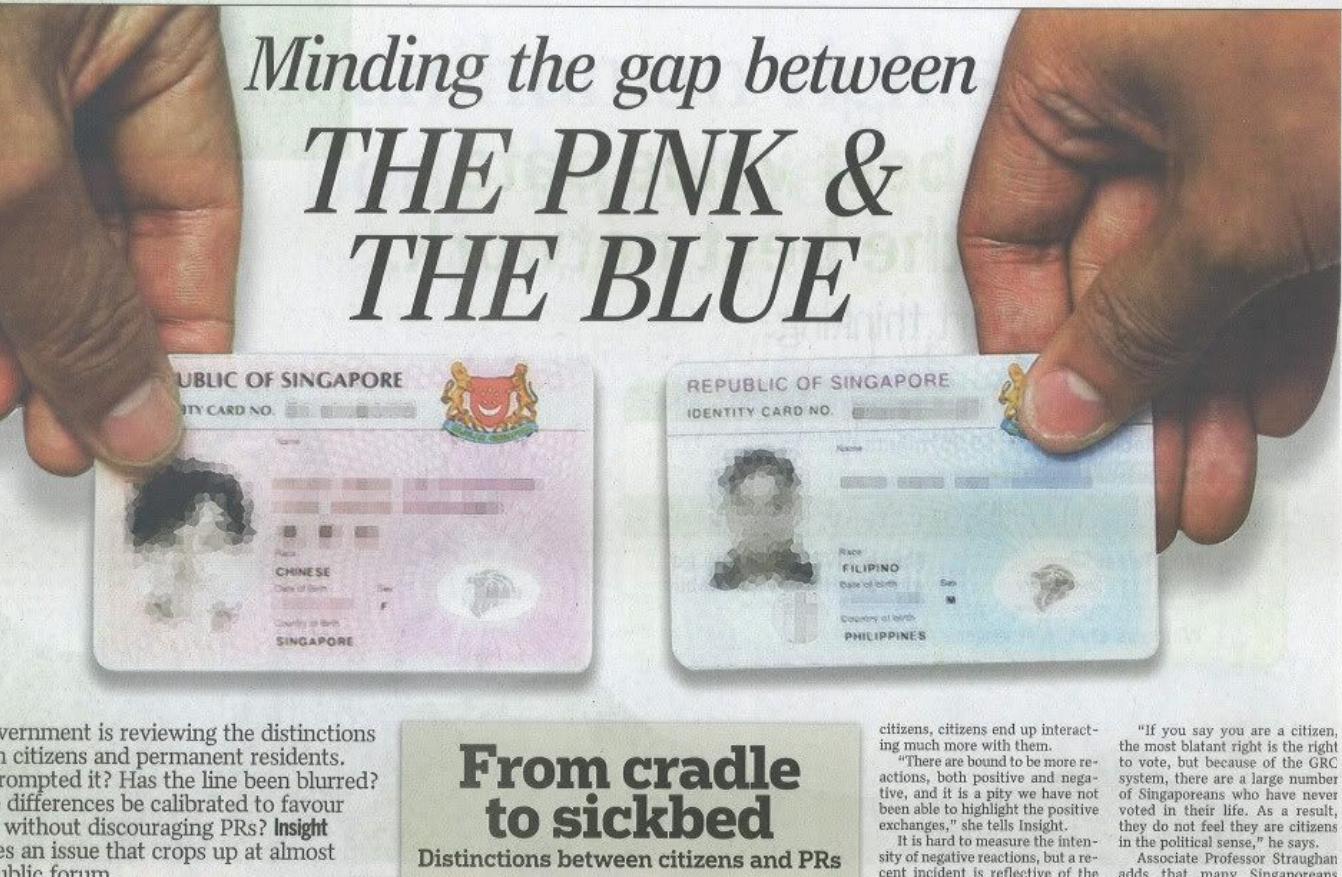
The journey to Singapore citizenship begins with obtaining permanent residence (PR) status first.
A processing fee of S$100 is charged to each applicant. If your application is accepted, you will need to go to an Immigration and Checkpoints Authority (ICA) office to complete the PR formalities and pay additional fees.
Benefits of Permanent Residency
Obtaining permanent residency in Singapore through the GIP or other routes offers several benefits, including the ability to live, work, and study in Singapore without the need for additional visas or permits.
PR status also provides access to social and welfare benefits, as well as priority treatment for various public services.
However, do keep in mind that every male permanent resident in Singapore is obligated to sign up for national service.
This also applies to children once they reach the age of 16 if they obtain PR from you.
Applying for Singapore Citizenship
Once you have held PR status for at least two years, you can apply for Singapore citizenship if you meet the following criteria:
- You are at least 21 years old
- You have been a PR for at least two years
- You are of good character
- You are financially stable and can support yourself and your family
- You can speak English and/or one of the official languages of Singapore
- You have the intent to reside permanently in Singapore
The citizenship application process itself is actually rather straightforward and involves:
- Submitting an online application with supporting documents
- Undergoing the Singapore Citizenship Journey, a program to familiarize new citizens with Singapore’s history, culture and values
- Renouncing your current citizenship, as Singapore does not allow dual citizenship
- Attending a citizenship ceremony to receive your National Registration Identity Card (NRIC) and citizenship certificate.
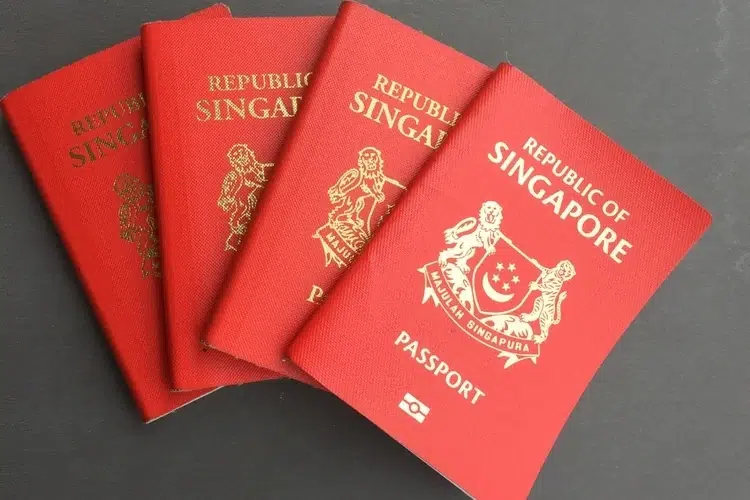
It’s important to note that Singapore does NOT allow dual citizenship. If you are not ready to denounce your current citizenship, a Singaporean passport is definitely not for you.
It’s important to note that all male Singapore citizens and PRs are required to serve in National Service (military conscription) for two years, typically between the ages of 18-21. This obligation also applies to second-generation PRs.
Retiring in Singapore
If you are a high net worth individual looking to invest a sizable amount of money into the country in exchange for permanent residency, retiring in Singapore can prove to be a little tricky.
While many nations want to promote foreign retirees coming to their country through the offerings of perk-based retirement visas, Singapore is exempt from this list.
This does not make it impossible to retire to Singapore, but you’ll need to take a longer or more expensive route to achieving your leisurely dreams.
In order to relocate long-term to Singapore, you’ll need to acquire permanent residency in the country.
This can be done through one of the main routes outlined earlier – the Employment Pass, Global Investor Programme, or Foreign Artistic Talent permit.
Is Getting a Singapore Passport Worth It?
Getting Singapore citizenship is a multi-step process that requires a significant investment of time, money and commitment.
Of countries you may be considering immigrating to in Southeast Asia, Singapore is among the priciest.
If you don’t have an employment/education visa, or some other existing reason to be in Singapore, the Global Investor Program (GIP) is the most streamlined way. You won’t find it cheap though.
For high-net-worth individuals who can meet the stringent requirements, Singapore offers many benefits – a safe, modern city with excellent infrastructure, a business-friendly environment, attractive tax policies, and a powerful passport with visa-free access to 189 countries.
However, it’s crucial to carefully weigh the pros and cons and seek professional advice to determine if Singapore citizenship aligns with your long-term goals and priorities.
Even people living in Singapore have difficulty getting permanent residence, and citizenship is an even higher bar.
If you have kids born in Singapore and are married to a citizen, then maybe you have a shot.
Quite frankly though, if you’re not in a position to have a child here, and aren’t among the most successful entrepreneurs, you likely won’t ever qualify for Singapore citizenship.
FAQs: Becoming a Singaporean Citizen
What Are the Options for Getting Singapore Permanent Residence?
There are three primary routes to obtaining permanent residency (PR) in Singapore:
a) Employment Pass: Qualified professionals can apply for PR after working in Singapore for at least one year on an Employment Pass.
b) Global Investor Programme (GIP): High-net-worth individuals can obtain PR by making a substantial investment in Singapore. There are two main options under the GIP:
c) Foreign Artistic Talent Scheme: Exceptional individuals in arts, photography, dance, theater, music, or film can obtain PR by demonstrating significant contributions to Singapore's arts and cultural scene.
Remember, obtaining PR is just the first step. Singapore is like that picky friend who takes forever to warm up to you, but once they do, you're in for life!
Is There a Retirement Visa Singapore?
Unfortunately, Singapore doesn't offer a specific retirement visa for expatriates. It's like they're playing hard to get with retirees! However, don't let that discourage you from considering Singapore as a retirement destination. While it may require a bit more effort and investment, there are still ways to retire in Singapore.
The most common route for high-net-worth individuals looking to retire in Singapore is through the Global Investor Programme (GIP). This program allows you to obtain permanent residency by making a significant investment in the country. Think of it as buying your golden ticket to a luxurious retirement in the Lion City!
What Are the Benefits of Getting PR in Singapore?
Obtaining permanent residency in Singapore comes with several perks that might make you feel like you've hit the jackpot:
a) Freedom to live, work, and study in Singapore without additional visas or permits.
b) Access to social and welfare benefits.
c) Priority treatment for various public services.
However, it's not all sunshine and rainbows. Every male permanent resident in Singapore is obligated to sign up for national service. This also applies to children once they reach the age of 16 if they obtain PR from you. So, if you're planning on bringing your teenage son along, be prepared for him to get a crash course in Singaporean culture through military service!
How Difficult is it To Obtain Singapore Citizenship?
Obtaining Singapore citizenship is like trying to join an exclusive club – it's possible, but it's not easy. Even for those living in Singapore, getting permanent residence can be challenging, and citizenship is an even higher bar to clear.
To be eligible for citizenship, you must have held PR status for at least two years and meet several other criteria, including:
- Being at least 21 years old
- Being of good character
- Being financially stable
- Speaking English and/or one of the official languages of Singapore
- Intending to reside permanently in Singapore
It's important to note that Singapore does not allow dual citizenship. So, if you're not ready to say goodbye to your current passport, Singaporean citizenship might not be for you. It's like getting married – you've got to be ready to commit fully!
Remember, while the process may seem daunting, for the right person, becoming a Singaporean citizen could be worth it.

